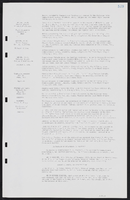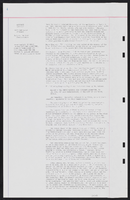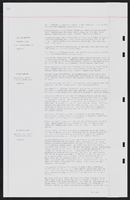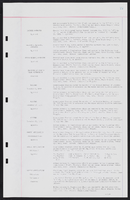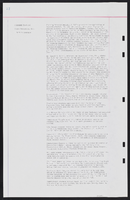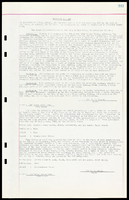Search the Special Collections and Archives Portal
Search Results
Audio clip from interview with Judith Steele, November 24, 2014
Date
2014-11-24
Archival Collection
Description
In this clip, Judith Steele discusses celebrating the High Holidays and how she influenced Clark County School District to allow Jewish children to observe these days without their absence counting against their attendence record.
Sound
Pagination
Refine my results
Content Type
Creator or Contributor
Subject
Archival Collection
Digital Project
Resource Type
Year
Material Type
Place
Language
Records Classification

